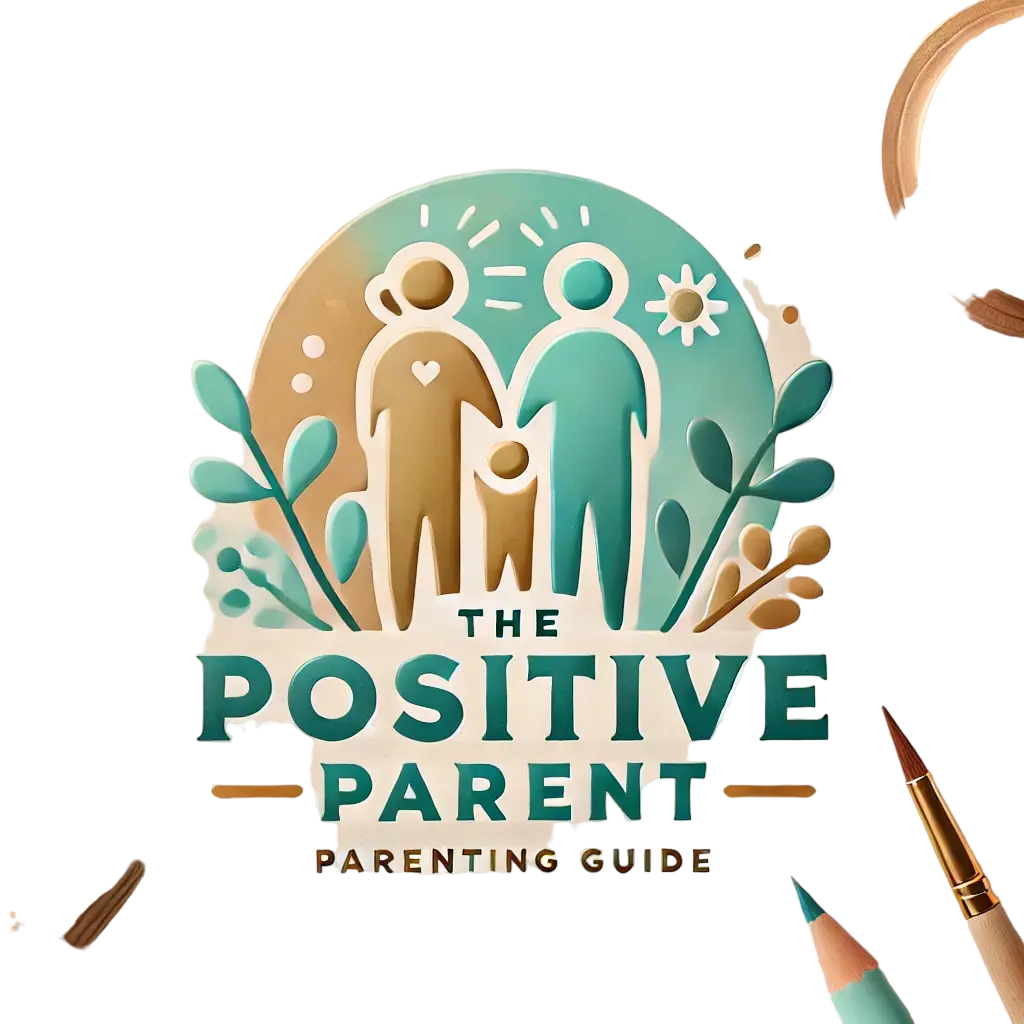7 Effective Ways to Apologize to Your Kids—And Why It Matters
Category
Categories

7 Effective Ways to Apologize to Your Kids—And Why It Matters
As a parent, finding moments of frustration and the need to apologize to your children is common. One incident involved a suggestion to keep a child busy painting, resulting in a messy mishap and a reaction filled with guilt and frustration.
Amidst the tension, realizing the importance of offering a genuine apology became essential. Increased anxiety and limited personal time can contribute to short-tempered reactions, leading to a cycle of guilt and the need for accountability.
7 Key Components of Apologizing To Your Child
Parents often find it challenging to acknowledge their mistakes to their children due to the fear of appearing weak. According to Tovah P. Klein, PhD, director of Barnard College Center for Toddler Development and author of How Toddlers Thrive, many parents believe that admitting an error will lead to a loss of control, allowing the child to take advantage. However, this belief is a misconception.
Psychologists highlight seven essential elements of apologizing to your child.
Recognizing Their Hurt Feelings
According to Dr. Klein, it can be frightening for a child when a parent displays anger towards them. By acknowledging their hurt feelings sincerely, it conveys the message that the relationship can be repaired and that both parties will come back together.
In a potential apology scenario, one could express remorse by saying, “I apologize for raising my voice about the pastels. I understand that it upset you. In the future, I will demonstrate what I mean first to prevent any concerns about the chair.”
Dr. Klein stressed the significance of apologizing for the overreaction while reaffirming the expectation for the child to organize their workspace correctly. Establishing routines and requesting age-appropriate assistance, such as covering a chair before using art supplies, aims to teach boundaries and responsibilities, rather than avoiding errors.
Take Ownership of Your Mistakes
Susan Shapiro, an esteemed college educator and renowned author with a bestseller badge from The New York Times, conducted extensive interviews with grown-up children who carried grievances from their youthful encounters with their parents. Her findings, documented in The Forgiveness Tour: How to Find the Perfect Apology, all pointed to a shared longing for acknowledgment, empathy, and affection. According to Shapiro, the initial crucial step in offering a sincere apology is recognizing and owning up to the error, transgression, or lack of sensitivity.
When taking responsibility for your actions, it is essential to delve into specifics. Steer clear of vague apologies and instead pinpoint and admit to the exact misstep you made.
Explain the Reason Behind Behavior
According to Shapiro, people may lack self-awareness and become stuck in their roles, making it difficult to change the dynamic. Offering children an explanation for inappropriate behavior can humanize parents and allow for compassion to flourish.
Shapiro recommends a heartfelt apology for instances where parents may have reacted poorly, such as dismissing a teenager seeking one-on-one time: “I regret my behavior and realize it was influenced by my high level of stress and frustration with work, leading me to push you away without truly listening.”
Displaying Improvement
According to Dr. Klein, apologizing involves acknowledging one’s actions and doesn’t require excessive gestures to compensate. A sincere apology demonstrates empathy and connection, benefiting the child’s future relationships.
To demonstrate to my child my commitment to doing better in the future, I could have said something like: “Next time, I will make an effort to remain calm instead of raising my voice.”
Be Direct and to the Point
Demonstrating a concise and heartfelt apology to kids is crucial in teaching them that mistakes happen. According to Shapiro, this helps children realize that making errors is a natural part of life and that it’s okay to admit to them.
Dr. Klein emphasizes that as children grow older, a well-articulated apology illustrates the importance of repairing and reconnecting, especially after causing harm. By role-modeling a clear and genuine apology, parents are instilling in their children the value of taking responsibility, which sets the foundation for stronger and more meaningful relationships.
Offer reparations
In her study, Shapiro discovered insights from Molly Howes, PhD, author of A Good Apology: Four Steps to Make Things Right, emphasizing the importance of asking calm, neutral questions to gain understanding. Simple inquiries like “How do you feel?” can reveal overlooked emotions. By following up with “How can I make it up to you?” individuals can find practical ways to mend the relationship based on the other person’s perspective.
One practical example involved Shapiro incorporating her daughter’s love for doctor shows into an apology by suggesting, “Want to chat tonight over hot chocolate and Grey’s Anatomy?” This form of reparation acknowledges her daughter’s emotions, demonstrates active listening, and reinforces the bond by offering something meaningful—quality time spent together.
Always express regret by using “I’m sorry”
Sometimes, individuals attempt to make up for their mistakes by offering acts of kindness or gifts instead of apologizing with the words “I’m sorry.” However, based on Shapiro’s research, all the adult children she interviewed emphasized a crucial point: “Other gestures may substitute for an apology, but without fail, every individual still desired to hear the phrase ‘I’m sorry.’ The alternative reparations seemed like a form of compensation without the heartfelt acknowledgment of the wrongdoing.”
Therefore, when expressing remorse, remember to include those fundamental words: “I’m sorry.”
Benefits of Apologizing to Your Children
Apologizing to your children is not just a way to model accountability and emotional growth but also offers various advantages for both you and your child. Studies indicate that parental apologies can enhance the parent-child bond, build trust, and impart essential life skills. For instance, research reveals that adolescents are more likely to open up to parents who frequently apologize.
Conversely, parents who avoid apologizing or acknowledging their errors might unknowingly pave the way for more significant issues like dishonesty. Children exposed to parents who fail to admit mistakes are prone to developing dishonesty habits, particularly in their adolescent years.
Here are some additional benefits of apologizing to your child:
Key Point to Remember
Many parents do not realize the importance of apologizing, but studies indicate that parents who say “I’m sorry” foster open dialogue, promote emotional intelligence, and instill a sense of accountability in their children. A meaningful apology involves recognizing errors, showing genuine remorse, and providing a chance for reconciliation.
Parental apologies and adolescents’ information management strategies: Social learning and self-determination perspectives. Journal of Applied Developmental Psychology. 2024.



